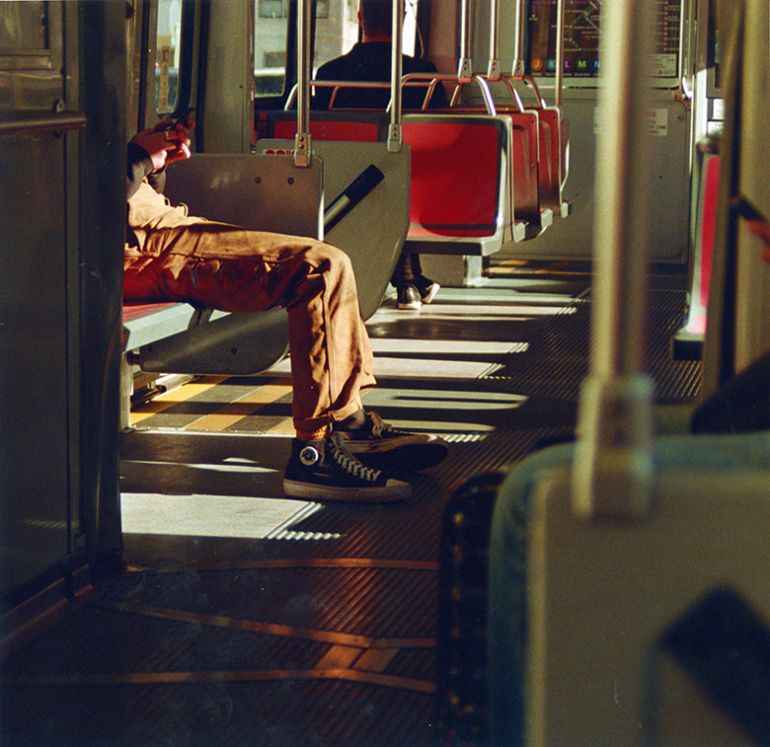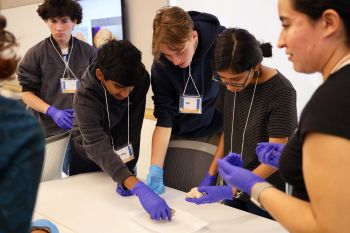One key developmental activity in adolescence is forming a sense of identity, which can ultimately feed a sense of one’s purpose of life. Our desire to find out where we fit in—to matter to the world around us—can inspire us to find creative ways to contribute to our communities and the wider world. Social media has become an important avenue for young people to make a positive difference, and to channel negative experiences of marginalization, discrimination, and racism into something positive and impactful.
For example, by looking at social media we can see the ways in which youth are increasingly using their online platforms to organize movements and spread awareness of social justice issues as they use their digital activities to make a difference in the world and become engaged activists. Civic purpose is often driven by social issues that directly affect our friends, family, and/or members of a social group that we relate to, and many adolescents using their social media as activists are speaking out against injustices that directly affect the people they care about.
This rise in social media activism is especially apparent in times of crisis such as the Black Lives Matter protests in response to police brutality and the Capitol insurrection. Social media accounts that previously featured photos of oneself, friends, and family now feature templates on what to say when calling your local or federal politicians as well as art, stories, and other forms of remembrance for lives tragically lost. In times of crisis, adolescents are also using their platform to amplify marginalized voices, promote small businesses, and teach people how to be better allies for one another.
Youth activists are also using social media to raise money for various organizations such as the NAACP Legal Defense Fund, Fair Fight, and the American Civil Liberties Union. Adolescents with larger platforms are using the fundraiser feature on Instagram while going “live” to raise money, as well as creating challenges via Instagram Stories to encourage people to donate. Social media activists are also promoting learning materials on their online platforms, whether that be a list of books to read to educate yourself on racism, or a fact sheet about an event happening in the world and the details of when it happened, where, and the people involved.
Finally, youth are using social media to highlight mental health resources such as crisis hotlines, information on therapy groups and foundations, self-care tips for people of color, and more. As a Black woman, being able to find mental health resources for Black people specifically has been incredibly valuable, and through social media I have been exposed to organizations such as the Boris Lawrence Henson Foundation and the Loveland Foundation that are committed to showing up for communities of color.
Ultimately, through social media we can see the ways in which adolescents are using their platform to take “negative” feelings (hopelessness, sadness, anger, etc.) and turn them into motivation, drive, and determination to become activists and make a difference, in ways that can provide a sense of purpose that can carry through a lifetime. Even in times of crisis, youth are taking social media and creating a space that brings attention to the issues we are facing in society today in order to create real change for a better future for us all.



_350_233_80_c1.jpg)